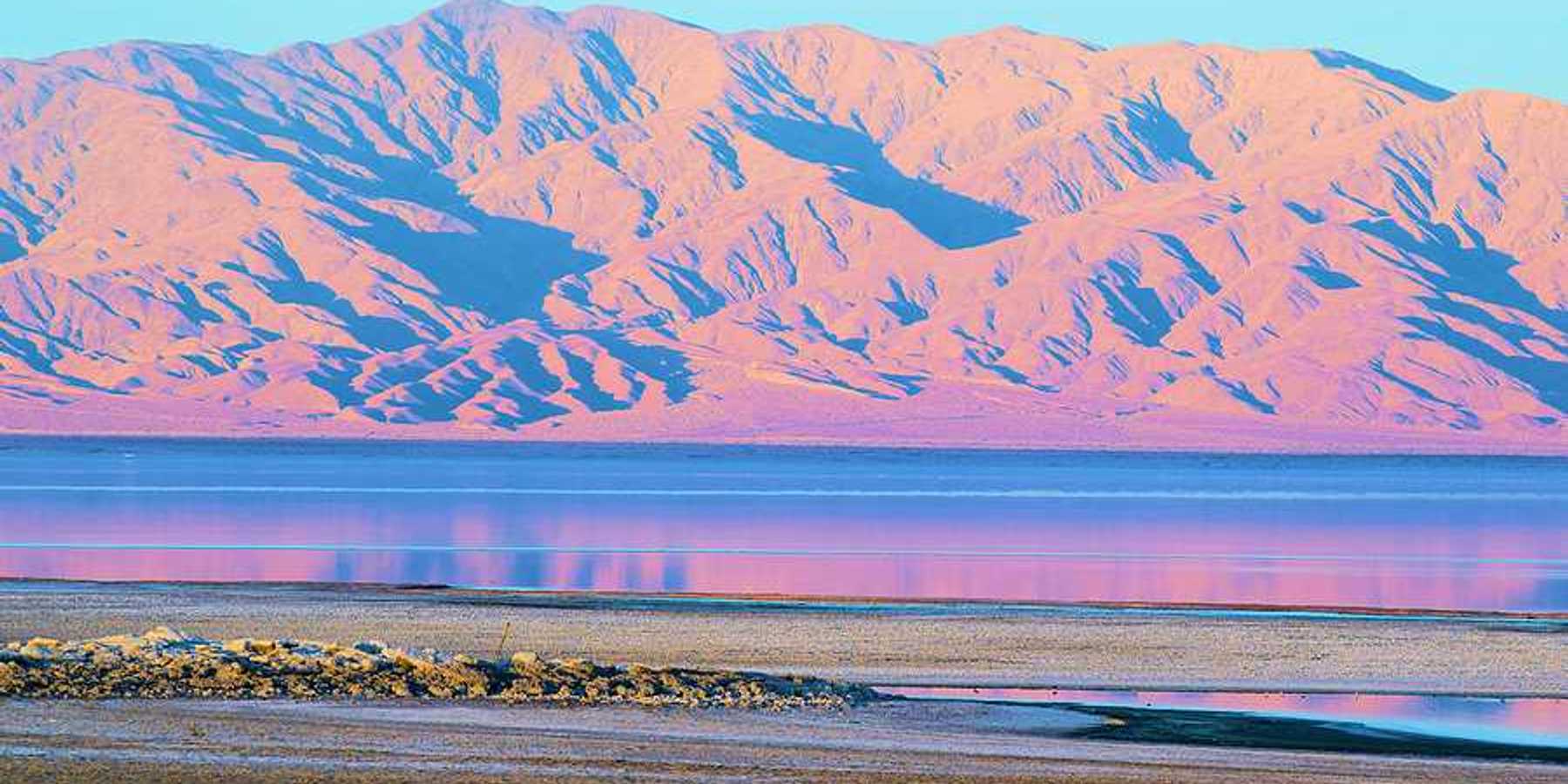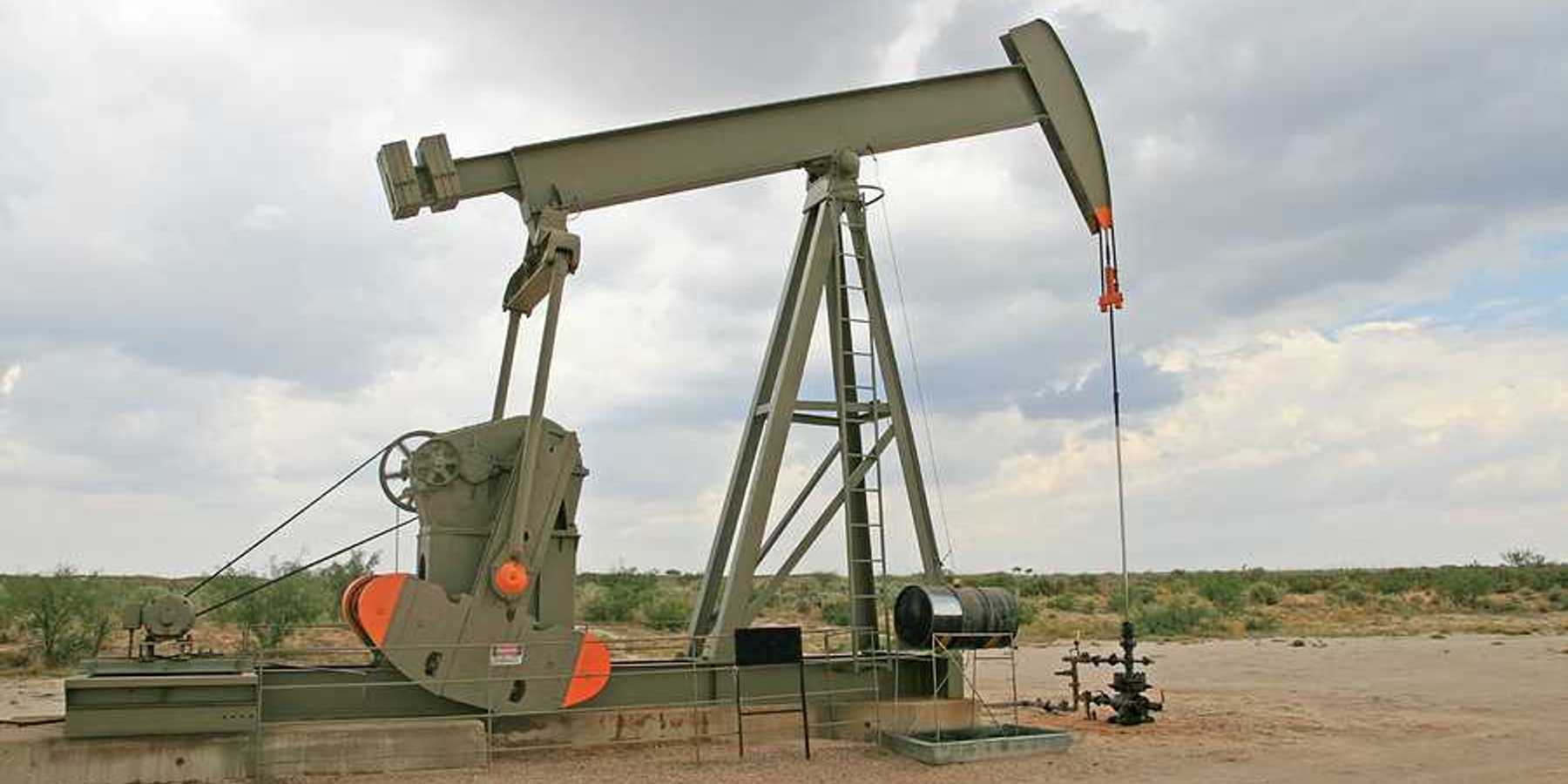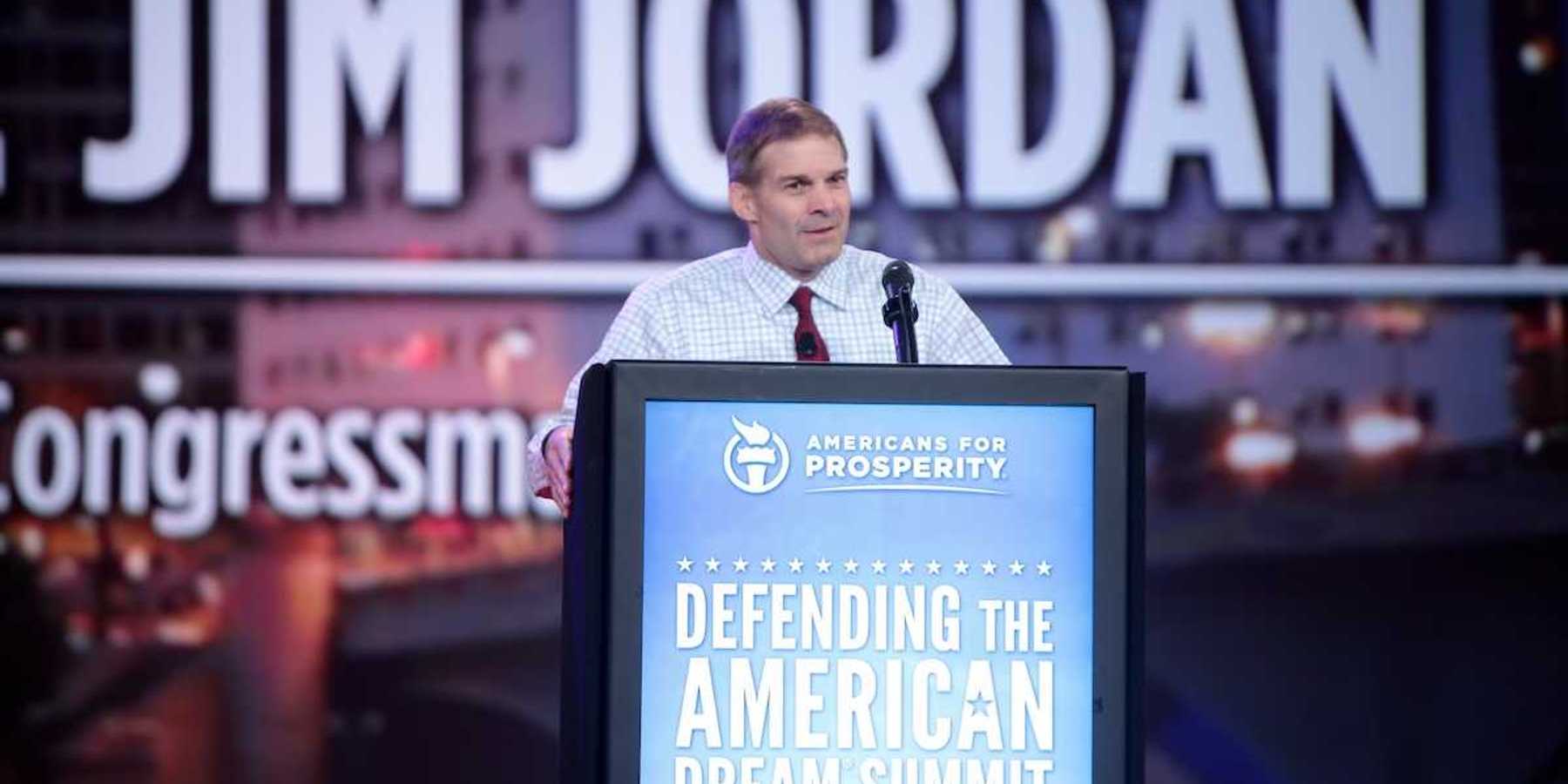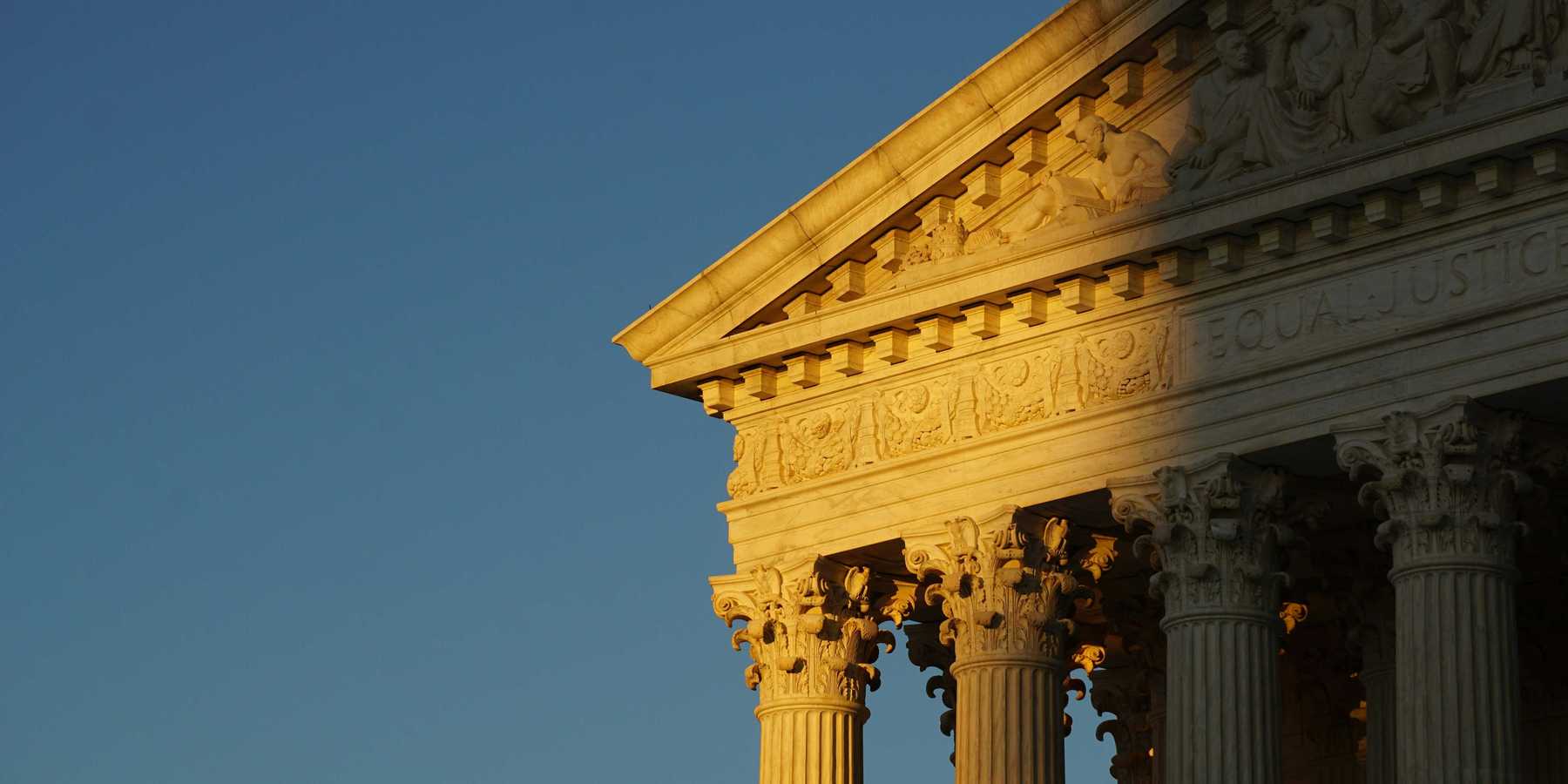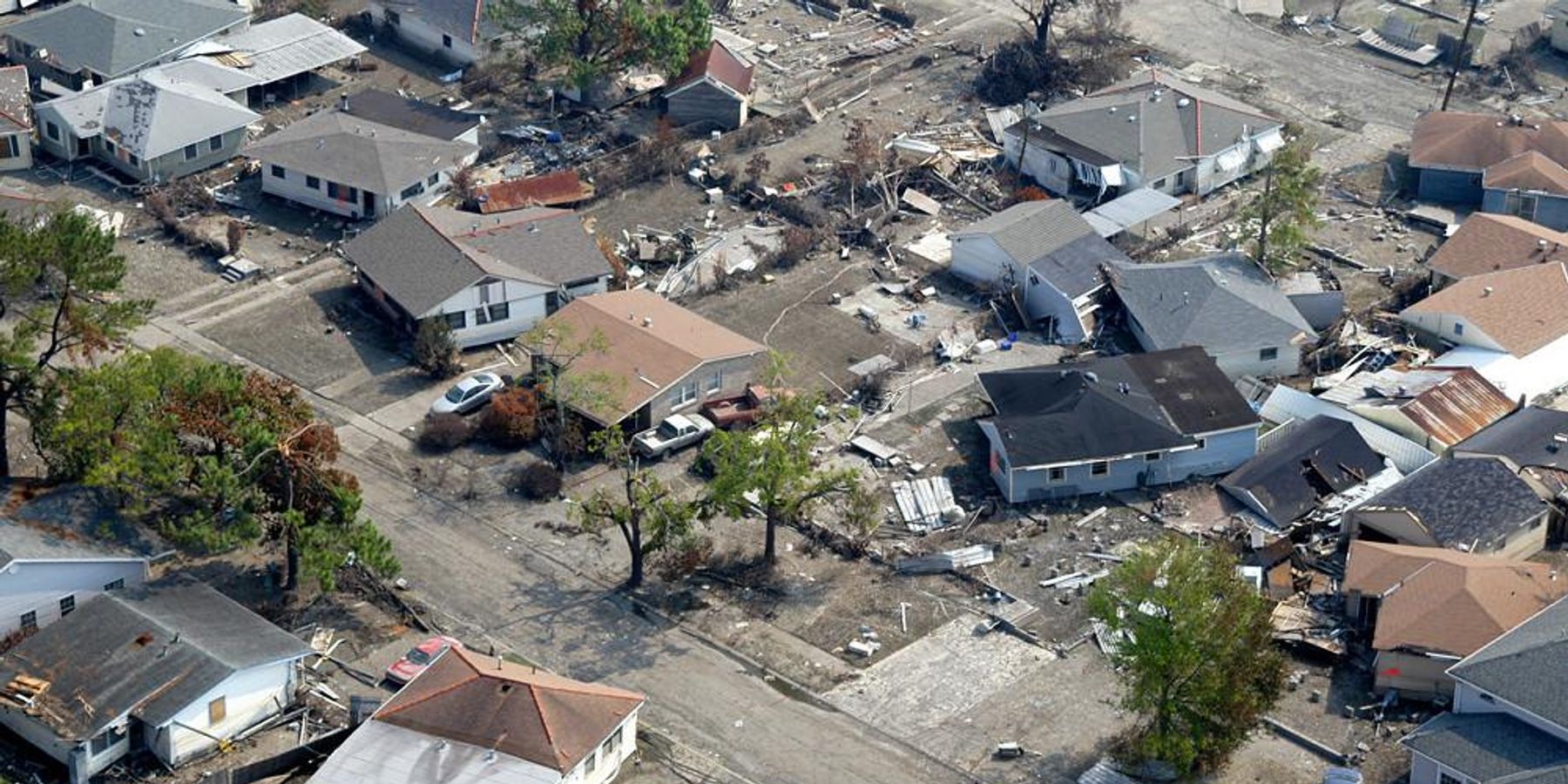
These environmental reporters told you so
Florida's Piney Point is the latest predicted disaster. Maybe we should start listening to these folks?
I've been a member of a worthy non-profit, The Society of Environmental Journalists (SEJ), since one year after its 1991 founding.
Every once in a while, I pester its 1,200 members to consider a special award for I-told-you-so reporting—honoring an environment reporter who shouts into the winds of political clout or simple indifference to a looming disaster.
Arguably, the best-known American example of this is Mark Schleifstein, the veteran New Orleans scribe who said his Times-Picayune boss dismissed his hurricane warnings as "disaster porn" until Hurricane Katrina nearly took New Orleans off the map.
I wrote about Schleifstein and several more exemplars in a 2017 piece for Ensia, "Forewarned."
This month, a new entry came in—one with a roughly 18 year lead time.
In 2003, St. Petersburg Times reporters Craig Pittman, Julie Hauserman, and Candace Rondeaux filed a story about gypsum "stacks," the benign-sounding name for highly acidic waste heaps from phosphate mining operations. The reporters followed a twisted tale of bankruptcies, lax government oversight, and a potentially major threat to ecologically sensitive areas of Tampa Bay. Their focus was the waste area called Piney Point.
In March, the warnings about Piney Point became reality. About one-third of the nearly half-billion gallons of highly contaminated water had leaked from the site.
When Pittman followed up on the site this year, he did so from a decidedly different platform. His 30-year career at the paper (it's the Tampa Bay Times now) ended with a staff reduction last year. He's now a columnist for the nonprofit startup Florida Phoenix.
So since no Pulitzer Prize yet exists for I-told-you-so, let's award our first mythical prize to Pittman, Hauserman, and Rondeaux. It's no comfort to journalists to be vindicated in this way, but it's a useful reminder that we often ignore their warnings.
Hall of fame
Or maybe what's needed is a Hall of Fame for environmental reporters. Environmental pursuits, whether by journalists, scientists, or activists, have enough of a history and track record that someone ought to be keeping score.
Here are some, in no particular order:
- The late Paul MacLennan, who covered Great Lakes issues for the Buffalo News for decades, and Michael Brown of the neighboring Niagara Gazette, who reported some of the first I-told-you-so stories on a blighted neighborhood called Love Canal;
- Phil Shabecoff, who led the beat at the New York Times in the 1980's and later founded the daily briefing Greenwire. Shabecoff has said that his removal from the NYT beat followed top-level concern that his use of the word "slaughter" to describe an annual rounding up and killing of dolphins in Japan betrayed his departure from daily journalism;
- Beth Parke, SEJ's first and only Executive Director for its first quarter-century;
- Tom Horton, longtime Baltimore Sun reporter and Bard of the Chesapeake Bay;
- Rachel Carson. Of course.
It's time for environmental journalists to recognize the best of their profession, and brag a little about excellence and accuracy.
My examples are only some starting points. Email me at pdykstra@ehn.org or Tweet at @pdykstra with your picks.
Peter Dykstra is our weekend editor and columnist.
His views do not necessarily represent those of Environmental Health News, The Daily Climate, or publisher, Environmental Health Sciences.
Banner photo credit: New Orleans, September 20, 2005. Houses in the ninth ward section of the city were raised off their foundations and tossed into each other by the floodwaters of Hurricane Katrina. (Credit: mad mags/flickr)


